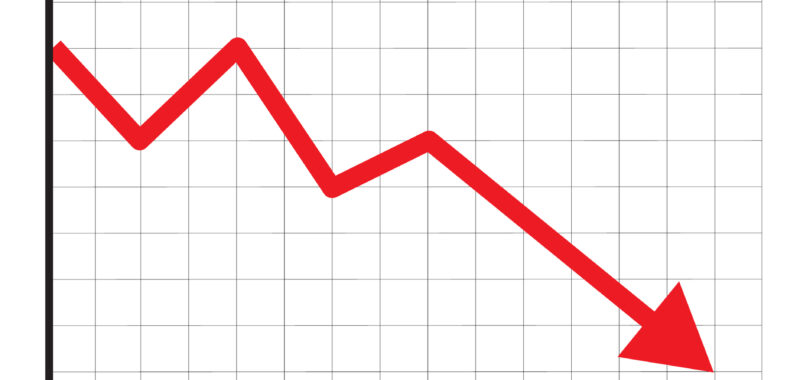Weaker profit margins and the big cash drain that is Project Kuiper pose particular risks to Amazon’s growth story.
Amazon (AMZN -2.75%) stock slipped 2.7% through 10:20 a.m. ET Monday morning after Wells Fargo analyst Ken Gawrelski downgraded the stock from overweight to equal weight (i.e., from buy to hold).
Gawrelski also cut his price target on the e-commerce giant to $183 — just a couple of dollars above where it trades this morning.
What Wells Fargo said about Amazon
What’s worrying Gawrelski about Amazon stock, which has outperformed the S&P 500 by more than 13 points over the past 52 weeks?
Amazon has outperformed analyst estimates in each of the past four reported quarters, and as Gawrelski explains in a note on StreetInsider.com today, this has encouraged analysts to go farther out on a limb predicting stronger and stronger earnings. Gawrelski, however, worries that these forecasts are going to start weakening “in the near term” as operating profit margin starts to flatten.
Gawrelski sees three particular areas of weakness threatening Amazon.
First, the company’s high-margin advertising business, where third-party merchants are under pressure and may be spending less. Second, the company’s Fulfillment by Amazon (or FBA) logistics business, where Amazon assists third-party merchants in selling and shipping their wares. Here, the worry is that competition from Walmart may hurt Amazon’s ability to hike FBA fees. Third and finally, Gawrelski sees risk in and Amazon’s Project Kuiper, the company’s multibillion-dollar effort to build a satellite internet system to rival SpaceX’s Starlink.
Is Amazon stock a buy?
Not all the news is bad. Gawrelski still argues that “Amazon remains a margin expansion story, just likely a more moderate margin expansion pace than the market expects.” Still, that poses a risk for investors in Amazon stock.
Consider: Valued at more than 40 times trailing free cash flow currently, and 44 times trailing earnings, Amazon needs to show strong double-digit growth to justify its relatively rich valuation. Just growing isn’t enough. Amazon needs to show incredibly strong and sustainable growth to make its share price make sense.
Gawrelski’s warning of weakening profit margins calls that growth rate into question.
John Mackey, former CEO of Whole Foods Market, an Amazon subsidiary, is a member of The Motley Fool’s board of directors. Wells Fargo is an advertising partner of The Ascent, a Motley Fool company. Rich Smith has no position in any of the stocks mentioned. The Motley Fool has positions in and recommends Amazon and Walmart. The Motley Fool has a disclosure policy.

